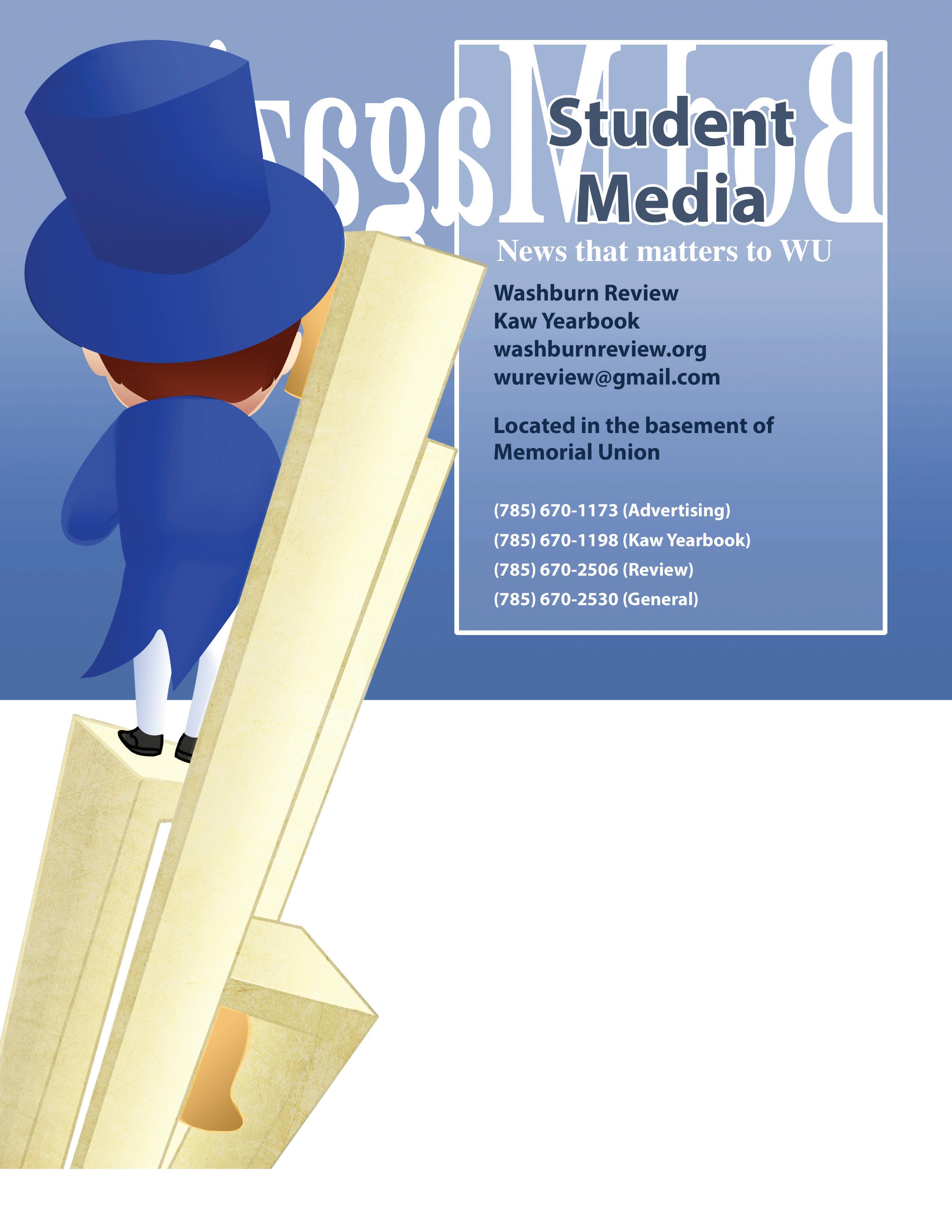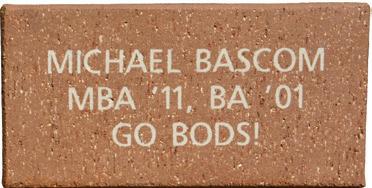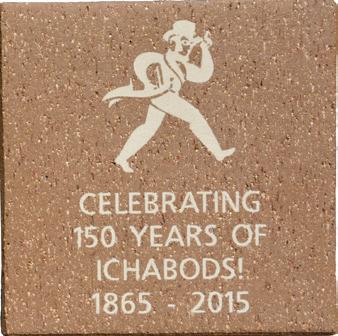








How an applicant presents themselves on social media can be one of the biggest factors that an employer looks at when deciding who to hire. In essence, your Facebook profile and Twitter page has become an extension of who you are, not only as a person, but as an employee. It goes without saying that questionable behavior broadcast on social media won’t do you any favors. However, a professionally-minded online presence can help brand you as a standout in your chosed industry. Author Kimberly Bowker, who taught Strategic Social Media at Washburn, offers some advice on how social media can hurt, or help, your chances at getting hired.
What sort of things are employers looking for when checking out an applicant’s social media profiles What are some of the biggest red flags?
Employers are mostly checking for inappropriate and illegal behavior. Inappropriate behavior, though, can vary depending on the viewer so it is better to be safe than sorry. If a potential hire freely shares photos of partying or drug use, the employer may be thinking about how the applicant represents himself/herself online, and subsequently how this individual may represent the company. Having a beer with a friend at Blind Tiger is OK to post, but stay away from the intoxicated photos. In terms of Twitter, other red flags that employers look for are unethical, harmful, profane, or clearly offensive tweets.
What are some ways that an applicant can use social media to their advantage if they think a perspective employer is going to check them out?
If you are job searching in a specific industry, you can share photos, tips, quotes or articles on your social platforms about the profession. You can show a little of your personality this way too, adding what you took away from this link or why you want to share it with others. It shows employers that you are interested and invested in your line of work, while simultaneously expressing your unique character.
As social media has become a marketable skill, would you recommend including personal Facebook/Twitter profile
• Use proper grammar
• Interact with names in your industry
• Represent your (best) self online
• Update and interact consistently
• Be authentic
• Post negative or offensive commentary
• Post the hardcore party pictures
• Lie
• Hide anything - if it doesn’t seem right to you, delete it
on a resume or portfolio, or would it be a better idea to create a page and use that to brand yourself?
If you are using your social media pages as personal platforms to market yourself (as a writer, musician, artist, etc), you could include the links. If it is a page specifically for personal use, I would avoid including that on a resume or portfolio. It would be a good idea to direct an employer to your website, if you have a one [and you should], and include links there to your social media profiles.
It is up to the user whether to create a page to brand herself/himself. Some people do, and then revert back to just one profile because it is too much to keep up or is confusing for followers. The personal and professional divide is also shrinking in terms of social media. On the other hand, a separate page can be an effective tool for a specific business or if you share different types of information for different purposes on different profiles.
Do you recommend trying to connect with a potential employer via social media after the interview?
I would suggest writing a thank you email following an interview. If you do not have the employers email, you could send a thank you message via LinkedIn or Twitter if appropriate, but not Facebook since that is more in the personal realm. It would be best to follow/ like the company you are interested in before you apply.
There are a lot of options to consider after graduating with your first degree. You could declare a double major and go after a second bachelor’s, you could try to find a job in your field, you could join the military, you could start your own business, or you could you could pursue a graduate degree. There are thousands of graduate programs across the country.
Anna Frantz is a Washburn alumna who is now pursuing a Master’s in Library and Information Science degree at Emporia State University. She attended Washburn from 2009 to 2013. She majored in English, graduating summa cum laude with a 4.0 GPA and was the recipient of the Sibberson award, Washburn’s highest academic award. She offered to pass along some tips to those graduating from Washburn who are considering going to graduate school.
Why did you go to graduate school?
I wanted to better my career options. After graduating, my options seemed to be slim, but I obtained a three-pronged position at a school. By far my favorite responsibility was being a clerk at the library.
I loved recommending books to students, listening to the librarians give book talks, and creating book displays. In order to be a librarian, you have to have a Master’s of Library Science, so I decided to return to school.
What did the process involve as far as applying? What were the biggest challenges in applying? Fortunately, applying to Emporia State was very simple. I did not even have to take the GRE. Probably the only hard parts were making sure everything on the checklist was completed and having professors submit recommendations on time. Applying early is key, because even though Emporia accepts applications up until a month before classes start, other grad schools are not so lenient.
Do you think Washburn prepared you adequately for grad school?
I do. A lot of the program at Emporia so far has been about writing papers, conducting research, and making sure references are properly cited.
I felt like I was one of few people who did not struggle in transitioning to writing graduatestyled papers. I learned a lot in my English classes about
compositions and organization of information, so I’m very thankful for that. The only thing I wish had been different is learning more about the usefulness of academic and scholarly sources found on databases and knowing how much more beneficial this information is than simply searching for the quickest, easiest answers on Google.
What advice would you give those thinking about grad school?
If you’re not sure grad school is the option for you, go out into the workforce first. Earn some money, earn some experience, figure out exactly what kind of career you think you’d be happiest in most.
If you decide continuing education will help you excel in your career, then do it, no matter how late it is in your life or how pricy it can be. At least half of the people in my class are nontraditional students, so never let age be an excuse in keeping you from returning to school.
On average, students who have a post-graduate degree earn 22.3 percent more right out of school compared to those who only have an undergraduate degree in the same field. 5
Where a resume should be a short and sweet delivery of the knowledge, skills and abilities that you can bring to the job, a cover letter is an opportunity to show why you’re the right PERSON for the gig.
“They’ll use the cover letter to get a better sense of your personality,” said Kent McAnally, director of career services at Washburn. “The resume is just a list of facts. You want your cover letter to read more conversationally than the resume.”
Cover letters should also be unique to the job for which you’re applying. This is where researching the employer becomes important. Generic cover letters rarely result in a phone call for an interview.
“Take the information that you’ve gleaned from the job description and employer’s website and use their verbiage,” said McAnally.
A cover letter should consist of three parts. The first part should clearly state the position you’re
Relax and enjoy being Put away those books for a while
after and why you are applying. This is also where you want to hook the employer in with a strong, attention-getting opening. Think of it like the lead of a newspaper article. You want that first sentence to be intriguing enough to keep them reading. A strong opener goes a long way toward that first interview.
The second, and perhaps most important section is where you match what you’ve accomplished with what you know the employer is looking for. Make sure to complement and expand upon what you list in your resume. This is where you can let your personality shine.
The last paragraph is where you ask for an interview. Make it easy for the employer to contact you and thank them for their consideration.
A cover letter should be no longer than one page and be written and presented in a professional manner.
Once the interview is over, the waiting game begins. This can be one of the biggest stressors involved with job hunting.
While the days following the interview can be filled with anxiety and the urge to check in and gauge how wellreceived you were (or weren’t) by the interviewer, no potential employer has time to be pestered by applicants.
However, there are a few simple things you can do to keep your name fresh in the employer’s mind without crossing the fine line between enthusiastic and overbearing.
Within 24 hours of your initial interview, it’s a good idea to send a brief, yet polite email thanking the employer for their time and reiterating your interest in the position. This is also a good opportunity to address any follow-up information that was requested during the interview.
A day or two later, sending a handwritten note (or typed letter if your handwriting is less than desirable) that echoes your initial
email can add that personal touch and show the employer that you’ve taken an invested interest in the company.
From there, it’s best to let things take their natural course. Companies typically interview multiple candidates, which means they’ll need time to properly review all applicants before making their decision.
If you haven’t heard back within two weeks, try following up via email first, then with a phone call if necessary. Again, keep things brief, professional and polite.
If more than two weeks have passed without a solid answer, it’s time to accept the fact you didn’t get the job and move on.
Be sure to handle rejection with professionalism. You never know when a new position could open up with the company, so you don’t want to risk burning any bridges.

Post-interview follow-ups can be tricky, yet necessary. But staying on a potential employer’s radar can help land you the job.
Just becuase you’ve graduated and moved on to start your journey through the real world, don’t skip the opportunity to follow up with Washburn’s Career Services department. Graduates can take advantage of everything Career Services has to offer for up to six months after graduation. If the job hunt isn’t going as well as you hoped, feel free to come back home for help.
Phone: 785-670-1450
Email: career-services@washburn.edu
By Fatima Oubaid
As college careers come to an end for December

graduates, the time to start looking for better job opportunities will be soon to follow. With competition always in the back of minds during interviews it is hard to know exactly what companies are looking for. Here are some tips to keep in mind during job searches. The first tip is skill. Companies want someone who is well-rounded and experienced. Companies are more likely to hire employees if they can perform in more than one area. By having multiple skills it will make a future employee a potential asset to a company. After all, with the economy in
a recession, companies hire one person to do a job as opposed to multiple people to do the same job. The best way to build multiple skills are internships and involvement throughout the community.
Another good skill to have is ambition.
Companies want employees who will be dedicated to the future of their company. By showing employers that you did the research of their company and believe in their motto, mission statement, goals, future, etc. proves that you not only are dedicated to the job but also could potentially be valuable in future expansions with the company.
Leadership and problem solving are also valuable skills to have. Companies
want employees they can invest time into who can later on hold leadership positions. They want employees who will solve problems by taking different angles and thinking outside the box to get the job done.
The main thing to remember when searching for a career is to know who you are applying for, have multiple valuable skills for the company and show that you are dedicated in the leadership future of the company. Don’t waste a company’s time if you are not invested in what they believe, have the skill they are searching for, or don’t see yourself being a part of the future of the company. Companies want employees who will help innovate their success as a whole.
“Keep seeking out new opportunities for challenging yourself intellectually and acquiring new knowledge even after graduation, not just for your career but to enrich your life. Don’t think of learning and knowledge as separate from your professional career and limited to a university campus. Your college classes and professors have helped you to gain and practice skills in research, critical reading and writing – but now that you have graduated, you are free to apply those skills and explore your intellectual interests further according to what interests you the most.”
Vanessa
Steinroetter, Associate Professor, English



• Master of Studies of
• 3
(M.S.L.)
• In-state tuition for residents of Colorado, Missouri, Nebraska, Oklahoma, and Texas
• Spring and fall start
• Scholarships available
Your resume can make or break your chances of landing that dream job, so it’s essential that every aspect of that document be as perfect as possible.
In a competitive job market, employers rarely have more than 30 seconds to decide whether a resume is worth revisiting or destined for the trash. Only those that offer a clear and concise outline of an applicant’s skills, qualifications and experiences will capture the employer’s attention long enough to consider reaching out for an interview.
Kent McAnally of Washburn Career Services stresses the importance of following the ‘Three Rs’ of resume writing – Relevance, Recency and Results.
• Relevance
“A resume is not an autobiography, so it doesn’t have to include your life story,” said McAnally. “It does have to include things that are relevant to a particular employer for a particular job. That means that most of us have multiple versions of our resume because every employer’s language varies and we want to use the employer’s language.”
• Recency
“Recency is usually not a problem for a college student or recent graduate,” said McAnally. He added that experience gained during high school has no place in a professional resume, so focus only on recent accomplishments. For non-traditional grads who might have extensive work history, the last 10 years of experience is usually sufficient.
• Results
The difference between an OK resume and an outstanding resume is the person who can show results from what they’ve done. Show that you’ve made a difference in someway. Use tangible and quantifiable examples when possible. Be sure to avoid making any exaggerated claims when mentioning your accomplishments. This can lead to awkward moments during the interview and guarantee you won’t be called back.
Too much personal information: Employers don’t need to know things like age, marital status or political/religious affiliations.
Too much emphasis on personal qualities: People often fill the ‘Skills’ section with things like “I’m a hard worker,” “I’m punctual,” “I’m a quick learner.” Employers are going to make those determinations on their own. Your resume should only outline your hard skills, experience and what you gained from your education.
No relevant experience or not being able to translate your experience into something relevant to the job: Some applicants will see a job and think they would be a good fit, but can’t translate their experience into something that the employer is looking for. Internships, courses related to the job and projects are good substitutes for those lacking in real world experience.
In order to streamline the application process, many employers are now using Applicant Tracking Systems, a database that stores resumes submitted online and allows the employer to quickly weed out unqualified applicants.
When it’s time to interview, an employer will go to the ATS and will search for keywords from the job description. Those experienced in online submissions know to include job-specific terms and industry buzzwords. These applicants are most likely to get called in for an interview.
The ATS will scan each resume and select those that use terms relevant to the position. This is why it’s critical to learn and use the employer’s language and terminology.
Formatting and layout is a common struggle when writing a resume. With the amount of options out there, finding the appropriate format can be a bit tricky.
For someone in a creative field [advertising, graphic design, etc.], a creative layout is often acceptable. However, you should avoid going overboard as you don’t want the layout to draw attention away from the content. Others should stick with a more standard layout, both in terms of order and look.
For help with creating your resume, Washburn Career Services recommends Resumes for America, which can help create an effective and professional resume. The service is free for students and recent grads. The link can be found at Washburn.Edu/Career.
• Contact Info
List your name (in large font), mailing address, phone number and email. Make sure your email and voicemail greeting are professional.
• Education
List your degree title (no abbreviations), month & year of graduation and the name, city and state from all universities from which you’ve received degrees. Also include majors, minors and areas of emphasis.
• Experience
When listing work experience, include the following:
• Descriptive position title
• Employer name and location (city/state)
• Description of job duties and accomplishments. These should be brief statements that begin with an action verb and do not include personal pronouns.
Aside from the essentials listed above, your resume can also include a number of optional elements. If relevant to the job, list your GPA any computer skills, honors or activities that might make you a strong candidate. Remember to keep it clear and concise!
Career Services offers many opportunities to help anyone increase their chances of finding the perfect job or internship

-Post your resume, search jobs and internships
BodJobs is constantly updated with opportunities for Ichabods across campus. To see listings:
1. Go to washburn.edu/career-services
2. Click on BodJobs link
3. Log in
4. Search for jobs
Career Services offers help with resumes including access to programs such as Resumes for America and BodJobs Resume Creator, and other free resume formatting programs.
Career Services also offers days where students can have practice interviews with experts and get advice from professionals.
-Monday, February 16, 10 am to 2 pm
-Get a quick expert appraisal of your resume for the Career Fair.
-Wednesday, February 18, 2015 -Students, alumni and community can speak to local and national employers
-Wednesday, March 11, 2015
-Teacher candidates interview for job with area schools

Career Services also offers opportunities for class and organization presentations and networking tips

Follow us on Facebook (WUCareerServices), Twitter (@WUCareerService), and get your LinkedIn profile going!
Having trouble finding a contact? You can also contact Career Services at:
Phone: 785-670-1450
URL: washburn.edu/careerservices.
See Career Services to ask about CareerShift - available only at Morgan 137!
Above pictures are from the Career Fair where they speak to many companies that want to talk to students, alumni and staff about employment and internship opportunities.
by Pam Foster & Regina Cassell







Write a handwritten thank you on the day of your interview and put it in the mail the next day

Carefully read the position announcement and write your cover letter and tie your knowledge, skills and abilities to the duties/expectations of the position. Tell the screeners what you can do for the company that will fulfill the requirements of the job and advance the company’s mission/vision.


Practice making good eye contact. Sometimes it can feel uncomfortable but it’s important to look at people when speaking


Ask a trusted friend to ask you questions and evaluate your answers. Practice working key information into your answers

Be on time for the interview. Practice interviewing. There are some great websites that give guidance on how to answer interview questions.
As petty as it seems, many prospective employers evaluate people on their appearance at an interview. Dress for the job you are applying for.


Always have an answer to “why do you want this job?” It may seem obvious to you because after all you did apply for the job, but many prospective employers want to hear a glowing report of their company and how you will fit with their mission/vision.




Do a Google search and learn as much as possible about the company and industry. Work your research into your answer
Always have questions ready for the interview team. For example, where do you see the company in the next five years? Does this job line offer the potential for promotion? What do you perceive to be the biggest challenge in this position? If placed in this position, how could I be most

Remember that you are interviewing the employer to determine if you would be a good fit for the job. Research the company/organization to learn what their mission/vision espouse. Review the website to gain as much information as possible about the company/organization.


Practice wearing your outfit to make sure you are not distracted by wearing something new. Make sure you can sit and stand gracefully.

Ensure that your resume and cover letter are error free. A good resume will be used throughout your professional career and you will simply add credentials to it. Keep your resume updated. You never know when the perfect job will present itself.
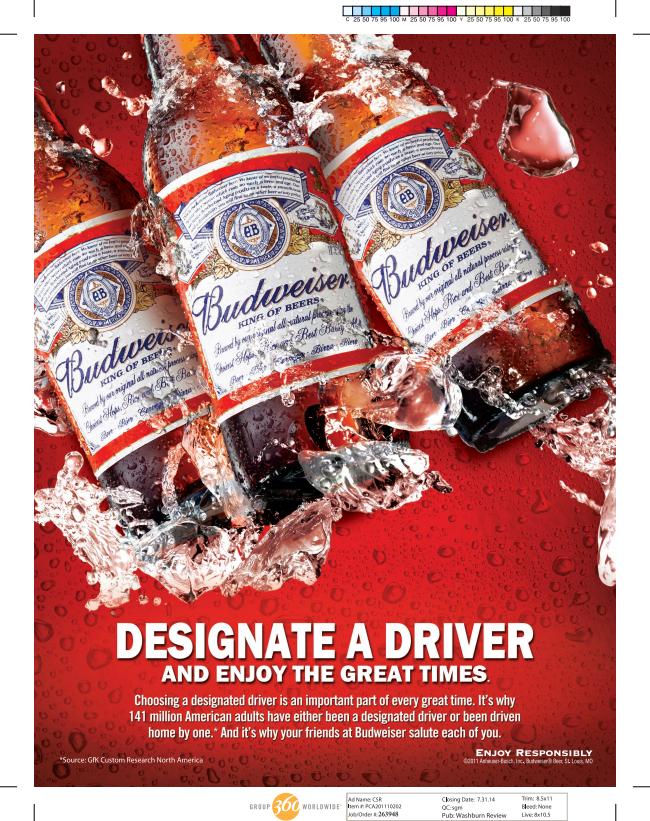

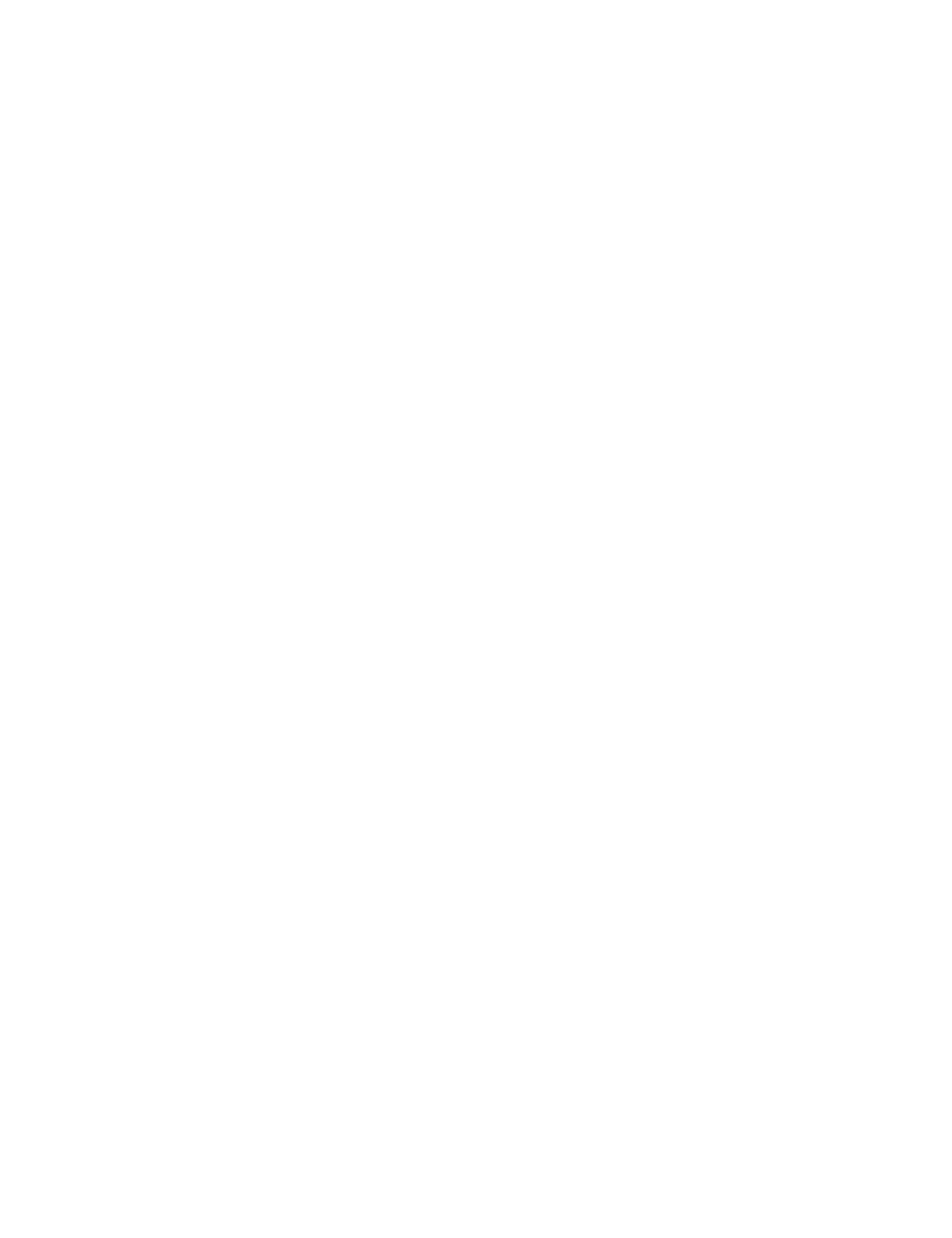
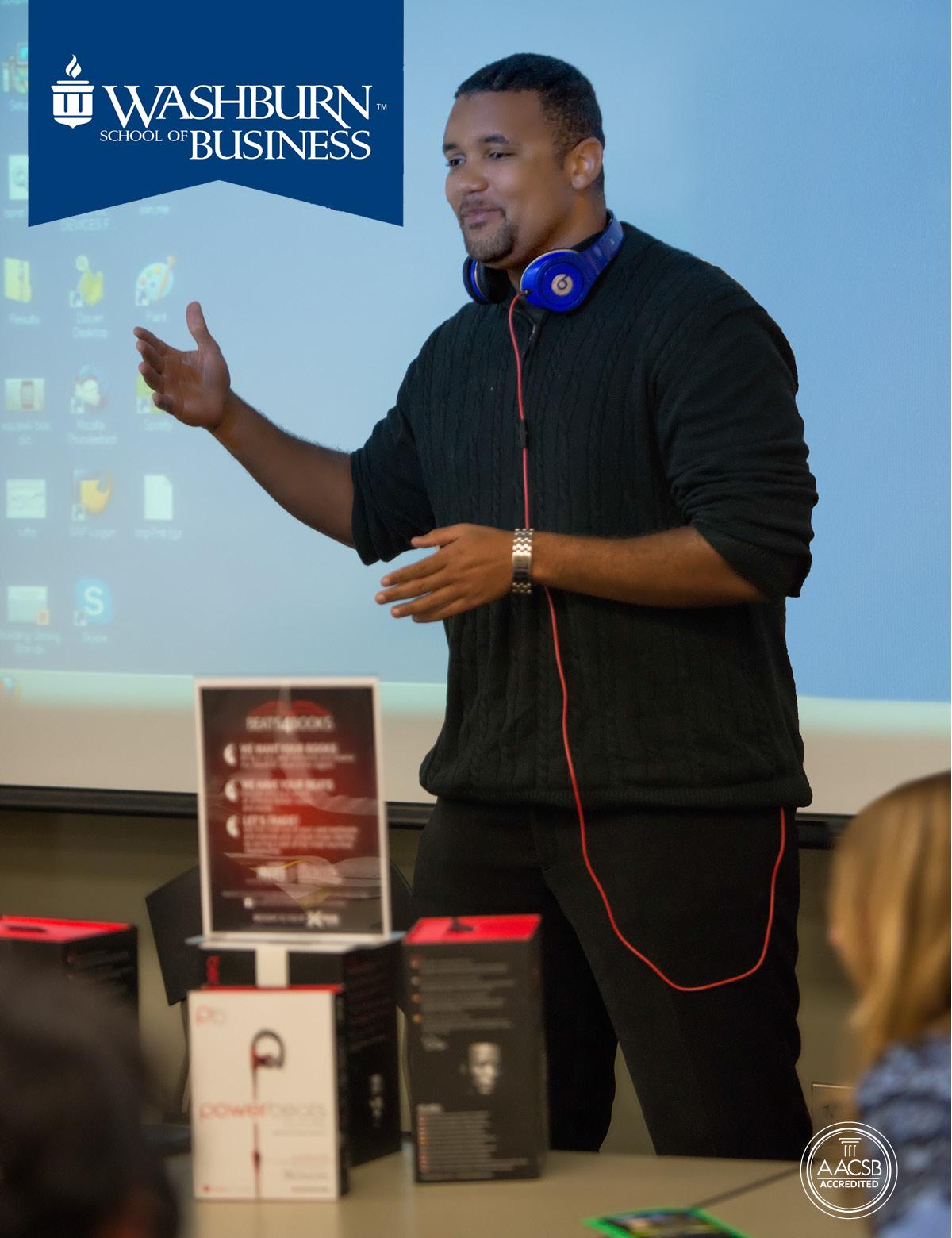
Cindy Rose your portfolio or Linked in profile. If you want to seem credible, you need to be consistent across all of your social media platforms. As in all your online sites, your portfolio should be updated and tweaked regularly.
It’s a tough job market out there and graduates looking for a job in their field need all the tools they can get. Having an online portfolio can help you move head and shoulders above the rest.
A Forbes article in 2013 said that 56 percent of all hiring managers are more impressed by a job seeker’s online portfolio than any other type of personal branding and online presence.
An online portfolio can increase what is distinguishable about you from the others in the pack. There is greater flexibility than what a resume gives you, and you get to add your own personal style. It can showcase your previous work experience and volunteer involvement.
“The benefits of a portfolio can be reaped by any serious job applicant, regardless of the industry,” said Nicki Krawczyk, founder of FilthyRich.com.
Pictures speak a thousand words, and portfolios give you that advantage. Do you have a picture of yourself doing volunteer work? Have you done work on a social media campaign? Get pictures from your posts and tweets. Use the most interesting pictures to draw people in so they want to learn more, but make sure your photos are relevant to your profile. Once you’ve gotten someone’s attention with pictures, you can lead them to a paragraph that tells a story about what you did at a former place of employment or in your volunteering experiences. But keep it short and sweet--you don’t want to lose them.
Something to remember is that a prospective employer is looking at you on all your social media platforms. You should Google yourself to find out what a possible future employer will see besides
That said about portfolios, a LinkedIn account is a must. Dimo Raychev, creative director for LoSasso advertising agency in Chicago said that if an applicant doesn’t have a LinkedIn account, he would not even consider a hopeful candidate.
“When employers Google you, LinkedIn shows up on top,” said Maria Stover, mass media professor at Washburn University. It’s a very good first impression to make and a good one to click on, as opposed to Facebook, especially if you haven’t any privacy settings on your Facebook account.”
Having a LinkedIn account also “provides you with a place to house your portfolio,” said Stover. “It also has a place for you to add people for recommendations. Your internship should be part of your story.”
Kent McAnally, director of Career Services at WU said, “LinkedIn is a big thing because it is a way to do virtual professional networking. It’s how people get jobs. The basic concept of why it exists is to make connections with people in your field, and they may be at a distance where it is not possible to meet face-toface.”
Getting started on the connection process is easy because LinkedIn walks you through it. One of the first steps is to upload a picture of yourself.
“You need a good quality, professional looking photo with a good headshot,” said McAnally.
“It’s is a good thing to start connecting with people you already know,” said McAnally. “Start with faculty, employees, classmates and your advisers from student organizations. It is not necessary to connect with only people in your own field. The idea is to build a network. LinkedIn is valuable for college students because of the ability to connect with alumni. Ichabods like to connect with Ichabods.”
When most people are searching for a job, they go online to the main job sites and apply but the return rate is very low on these sites. LinkedIn exists because the old adage holds a lot of truth in today’s job market: “It’s not what you know but who you know.”
Getting out into the workforce can be tough, but arming yourself with the best tools will allow you to have the better profile when future employers are looking to hire the most qualified.
3 things you should avoid
• Typos
• Bland introduction
Be unique and showcase your skills.
• Self-focus
Design your portfolio for a potential employer, not yourself.

“Go forth with the knowledge and skills you have developed and make your communities a better place. From your Washburn family we congratulate you on your achievement and hope that you stay in touch with us.”
—Linsey Moddelmog, Political Science Professor
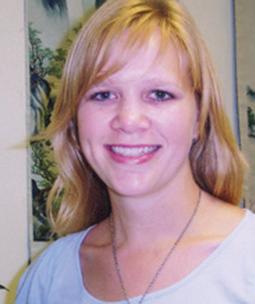
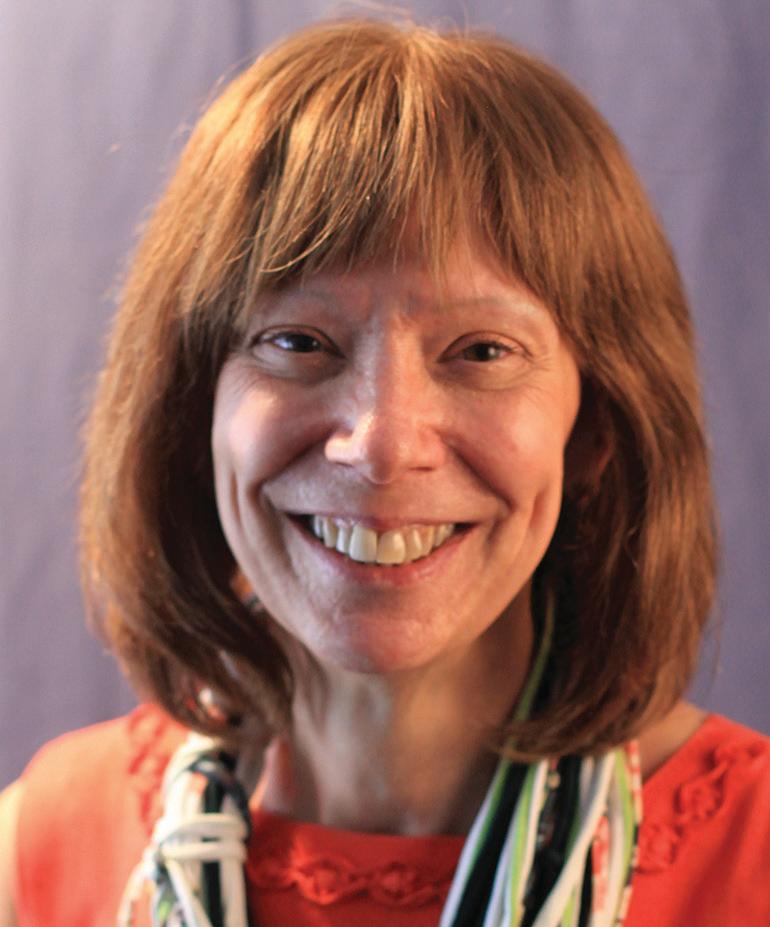
“Get your resume in order. It wouldn’t hurt to do a mock interview to get an idea of what kind of questions you will be asked. Career Service does some of that, so give them a call. Get excited that you’re done with school and ready to move on with the next phase of your life.”
—Kathy Menzie, Chair, Communications Studies Chair, Associate Professor Mass Media
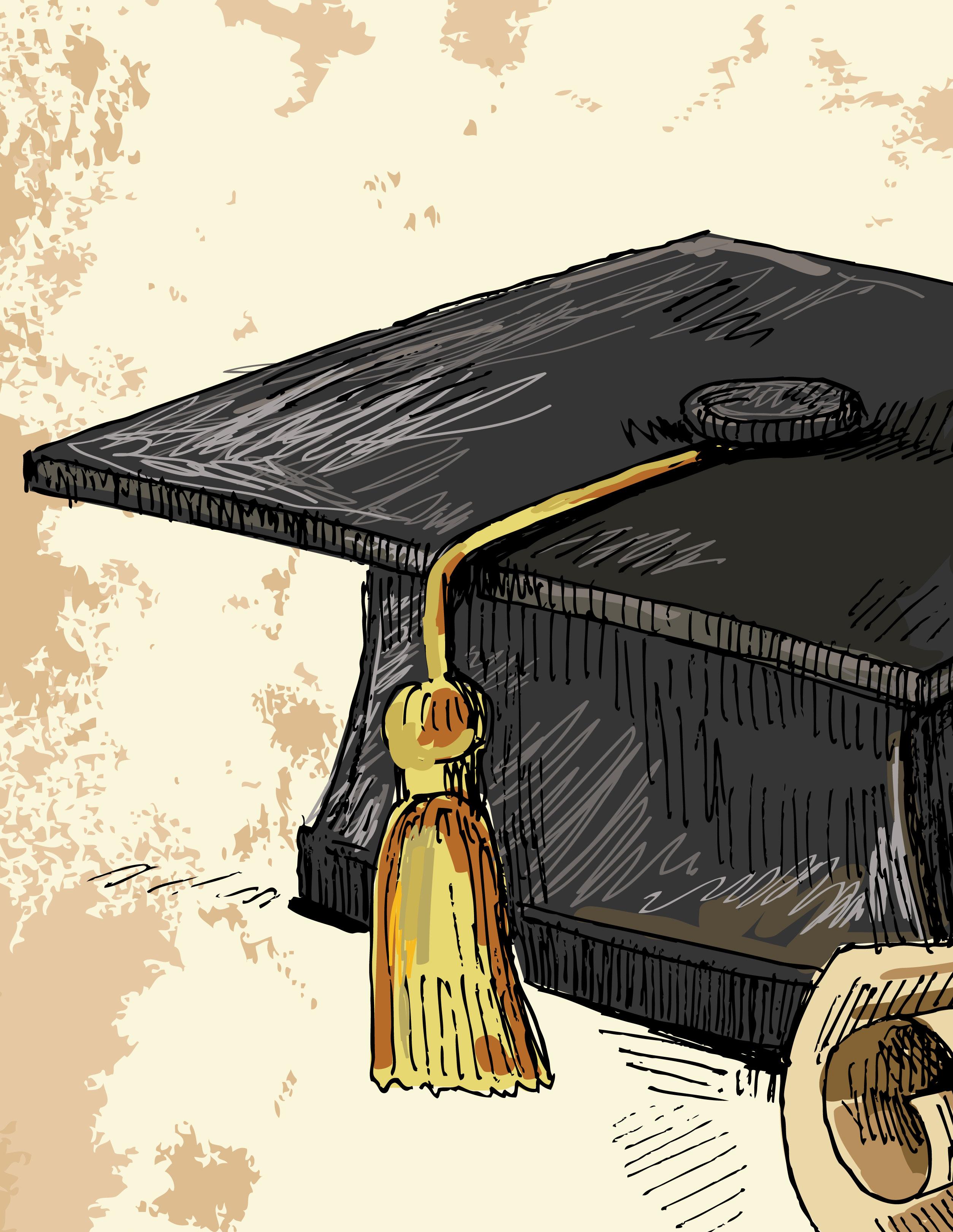
“Don’t use your credit card. Remember Washburn University and come back often. We’ve enjoyed having you.”
—Gary Baker, Professor of Finance, School of Business
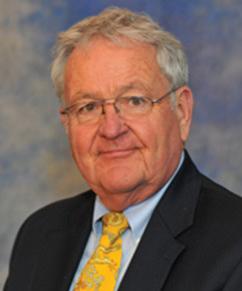
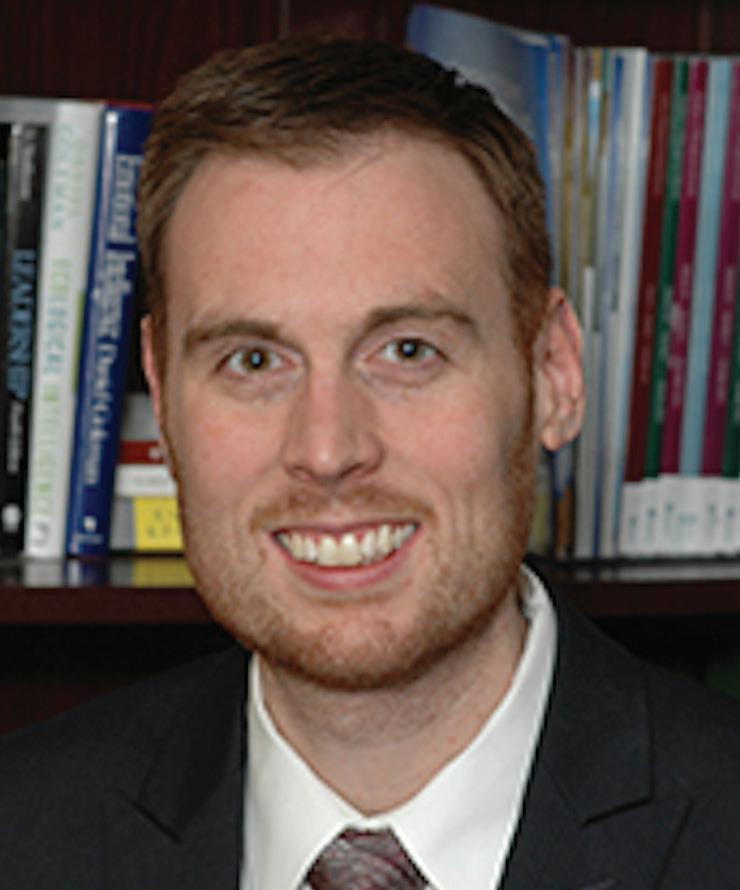

Megan Beck and Kaity Martin
“As you consider your time beyond Washburn think through all the transferable skills you’ve developed in your classes and outside of the classroom. Often time employers and graduate schools greatly value all skills you’ve developed through these experiences.”
—Michael
Gleason, Director Leadership Institutue Lecturer, Leadership Institute
“Clear your mind and insert knowledge and truth.”
—Michael Evenson, Technical Instructor, Washburn Tech
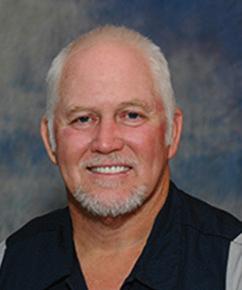
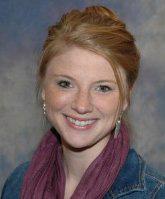
“I wish all graduates success and happiness as they continue on with their next adventure and hope that they all can share with others what it means to be a part of the Washburn Tech family.”
—Opal Stone, Recruitment Counselor
Shalyn Murphy, ba 2009, is communications and marketing director for Visit Topeka, where she has worked for the past five years.
Murphy’s job allows her to focus on making Topeka a better place for everyone.

“I get to work on projects every day that bring people and visitors to our city, where they spend money and impacts the local economy,” said Murphy.
“I like that I get to support local businesses by doing my job.”
Faculty members in the mass media department awarded Murphy the Outstanding Student Award for her excellent work throughout her studies. She also served as the editor-in-chief of the 2008 Kaw Yearbook.
“The thing I got the most out of was Student Media. We took real life projects and decided how to cover the topics we wanted to print, and that’s what my current job is all about. And even though there was stress, it was a lot of fun.”
In her current job, Murphy finds herself in a position to hire students, and she has hired a few Ichabods. She says she is impressed when a candidate knows what he or she is seeking from the job because she thinks it will lead to greater job satisfaction.
Once she hires a new employee, she expects an employee to be able to sit down, get to work and finish the job. As a busy professional, she needs people who are able to connect the dots between what is needed and how to get there.
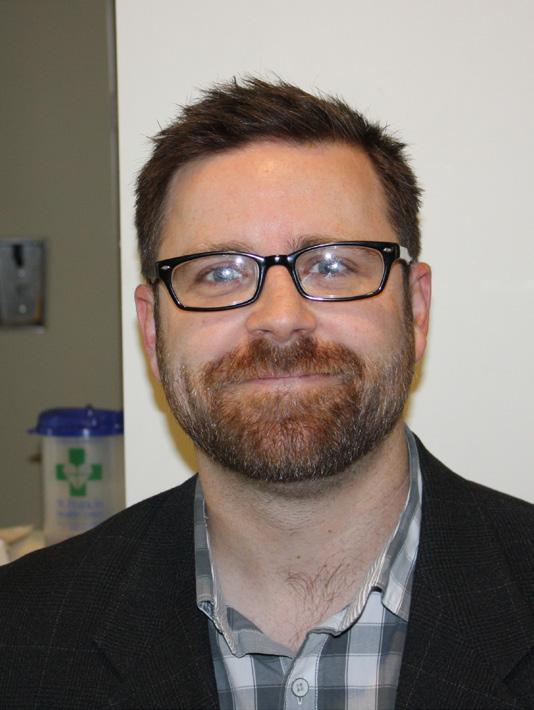
Dan Billen graduated from Washburn in 2007 with a BFA and now serves as the art director for Jones Huyett Partners in Topeka.
Billen started at JHP as an intern during his final year at Washburn and was soon hired on as a graphic designer before working his way up the ladder. He initially came to Washburn after tranferring from KU in the late ‘90s. He returned in 2005 after leaving to tour with his band, The Billions. After leaving rock ‘n’ roll behind, Billen came home to Topeka and to Washburn to pursue a career in graphic design.
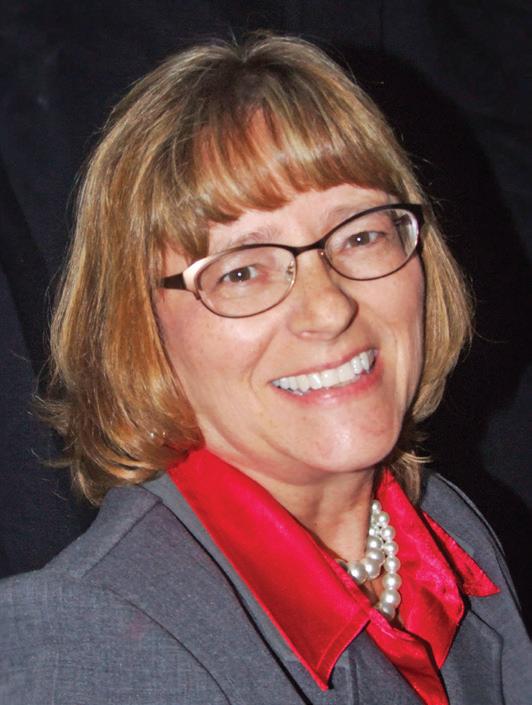
Cally Krallman graduated with a BFA in 1981. She is an artist and the owner of Prairie Sage Studio. This year Washburn honored her as an alumni Fellow, recognizing her as one among those who have distinguished themselves in their careers.
Krallman is a prominent artist who has also written over 500 songs and recorded five albums. She also won the Kansas 150 Sesquicentennial Art Competition. Krallman went to work as a screen printer for 22 years after graduating before becoming a full time artist, working in oils and acrylics.
“I enjoy painting ‘en plein aire,’” said Krallman.
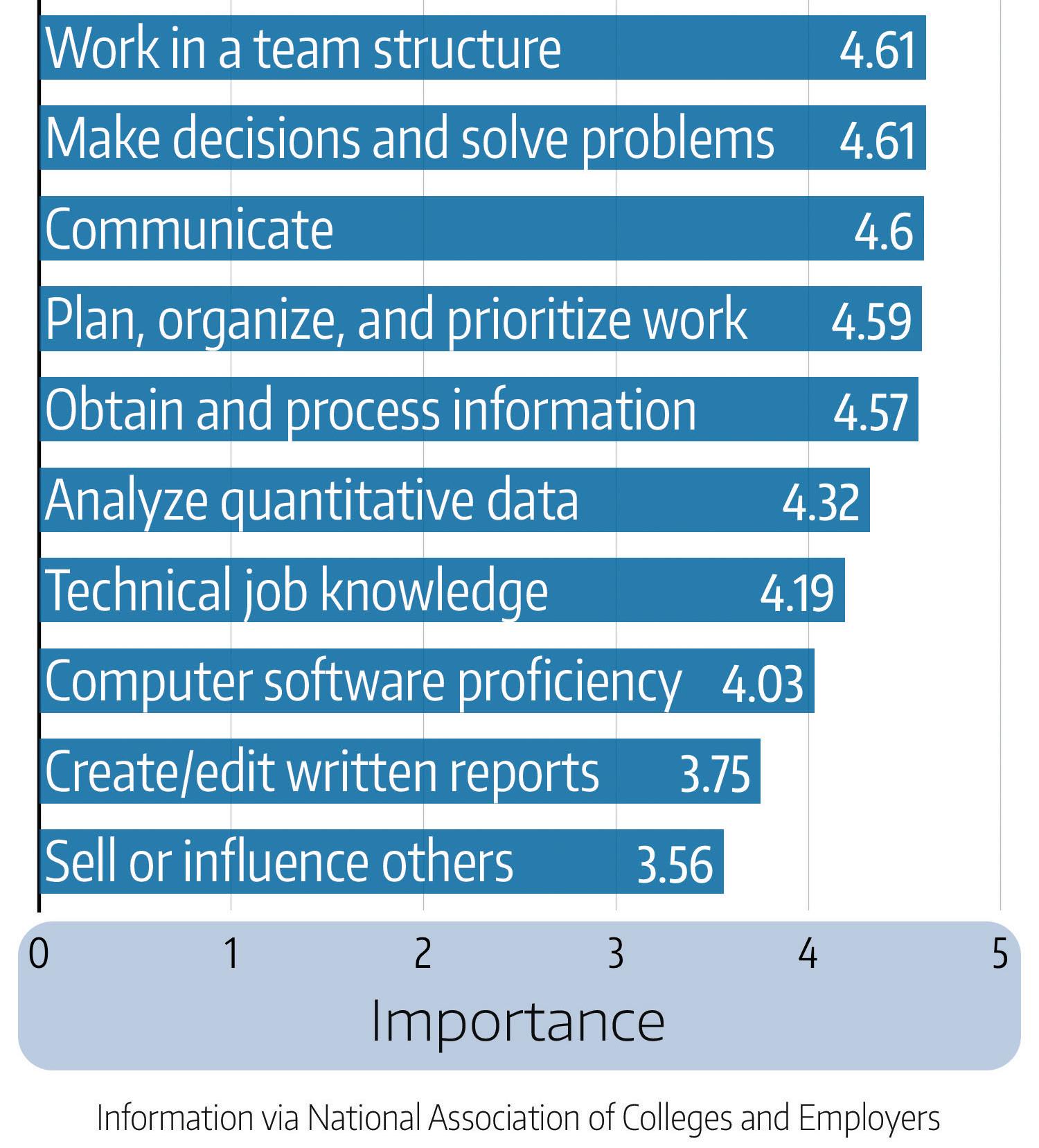
Your resume is the first in-depth look into you an employer will get. Because you are not being verbally questioned, you have time to sit down and think as much as you need to compound all of the positive things about yourself and put them in writing as eloquently as possible.
While many qualities are important, employers definitely value some attributes over others. The chart to the right lists how highly employers in general rank different skills. Be sure to cite as many examples of the more desired skills that you have displayed in the past, even if they are not the greatest accomplishment. You may not have been an assistant manager at a large company while in college, but if you held a leadership position in a student organization or on a sports team, that is a definite plus!
It is also never a bad idea to ask your current or past employers what they think your strengths are. There is a good chance they notice positive qualities about you that you don’t give yourself credit for simply because you don’t notice them.
In the end, just take your time building your resume.
Adam Vlach
Notice that the skills you learn in class, such as analyzing data, computer proficiency and writing reports are at the bottom of this list. What employers look for most are skills you learn by working with and around people. This is something you learn in college, but it isn’t taught in a class.
Working as a team and communicating with others is something you’ve been practicing your whole life. Virtually anything you do after graduation will require you to work with other people. If you haven’t experienced it already, the saying “You don’t have to love each other but you have to get along” is undoubtedly going to become all too real, no matter where you go.
Technical job knowledge, computer and writing skills, and other similar elements will come to you the longer you are at a job. But from day one you will be interacting with people, and the truth is your ability to deal with them and work together will almost always be a make-or-break factor.
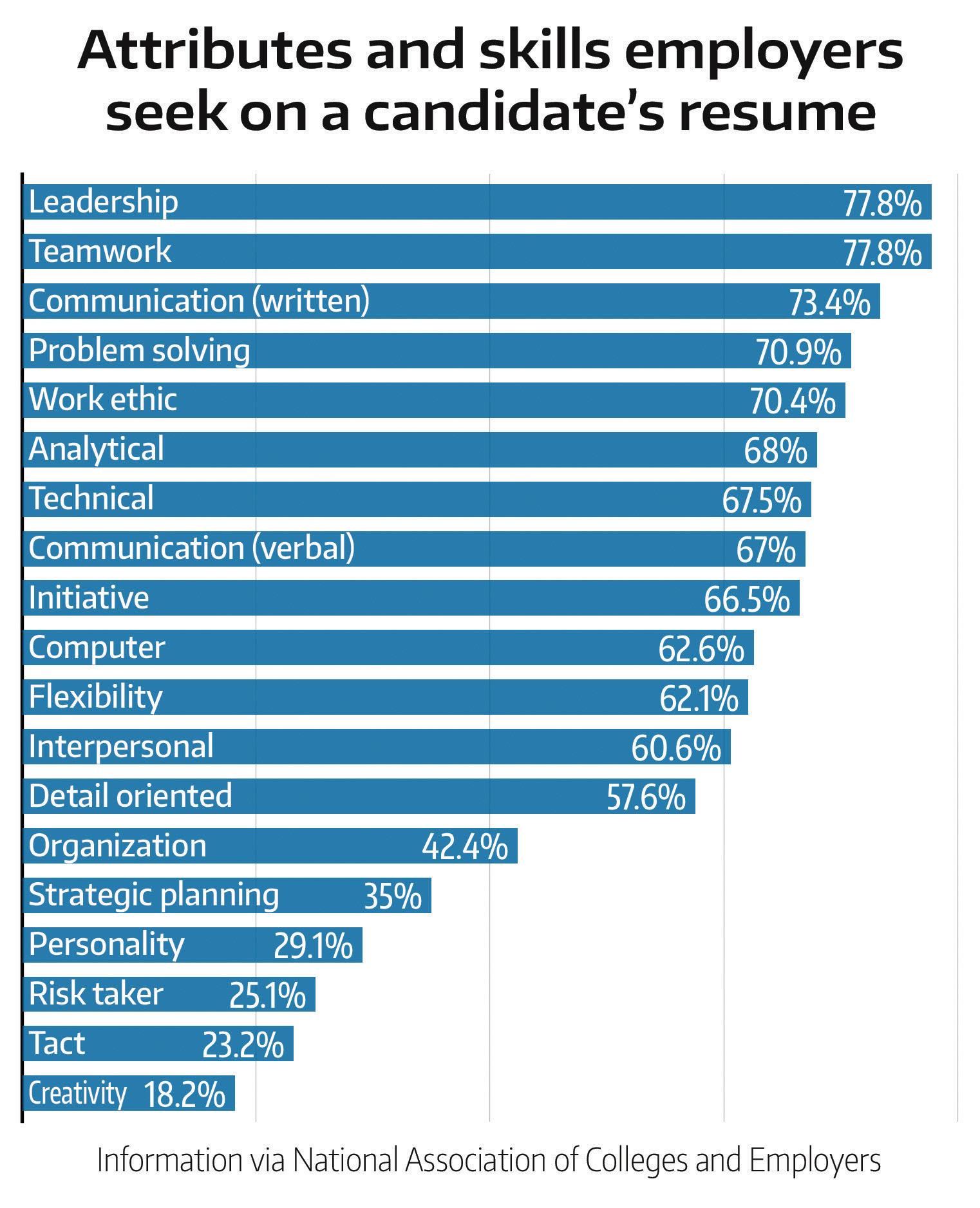

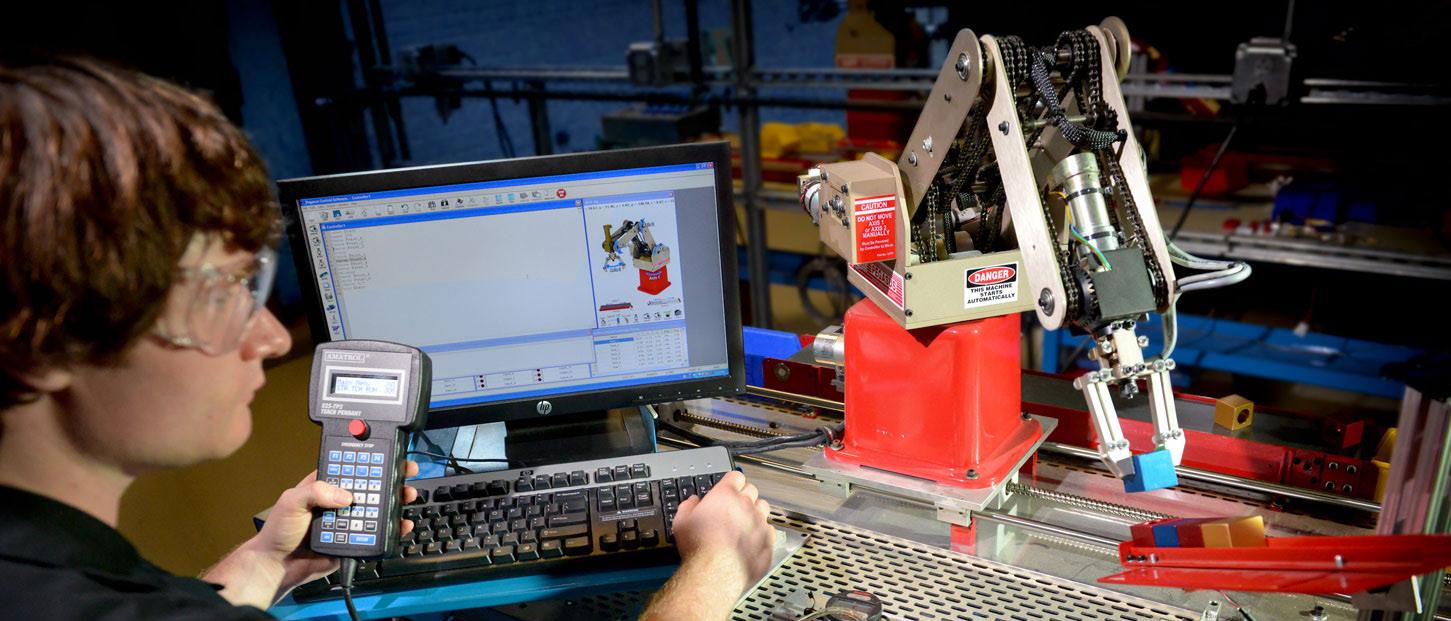
Washburn Tech prepares you for rewarding careers and exciting occupations. You will not only learn by listening, but learn by doing. Advanced technology, equipment labs and internships provide you with real hands-on skills and experience. Whether you are a high school student, an adult learner or a career changer, Washburn Tech offers an affordable and convenient way for you to prepare for the career you need and the future you want. Check-out the list of fields you can enroll in below:
• Advanced Manufacturing
• Business
• Computer & Networking Technology
• Construction
• Drafting & Design


• Health Care
• Hospitality & Human Services
• Transportation
For more information visit washburntech.edu/career-programs
Washburn Tech is one of the most affordable ways to get the quality training you need for the career you want.

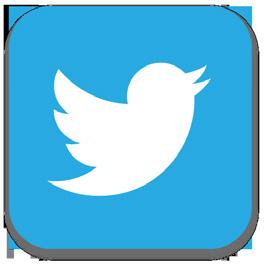
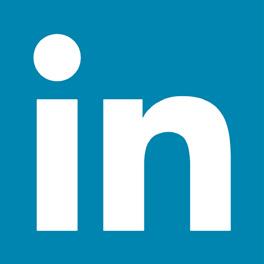
Connect with a recruiter by calling (785) 228-6315 or send an email to tech-info@washburn.edu You can also apply online through washburntech.edu under Admissions & Financial Aid
Washburn Institute of Technology 5724 SW Huntoon Topeka, Kansas 66604
785.273.7140 or Toll Free 877.588.7140
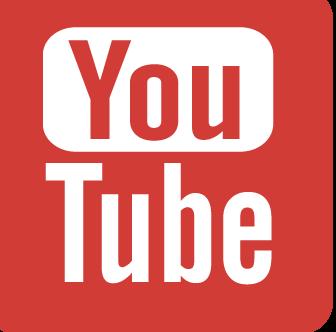
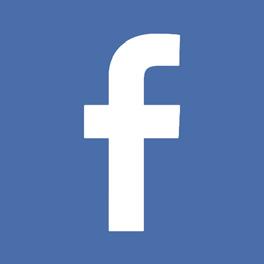
Washburn Tech can also be found on these fine social media sites.
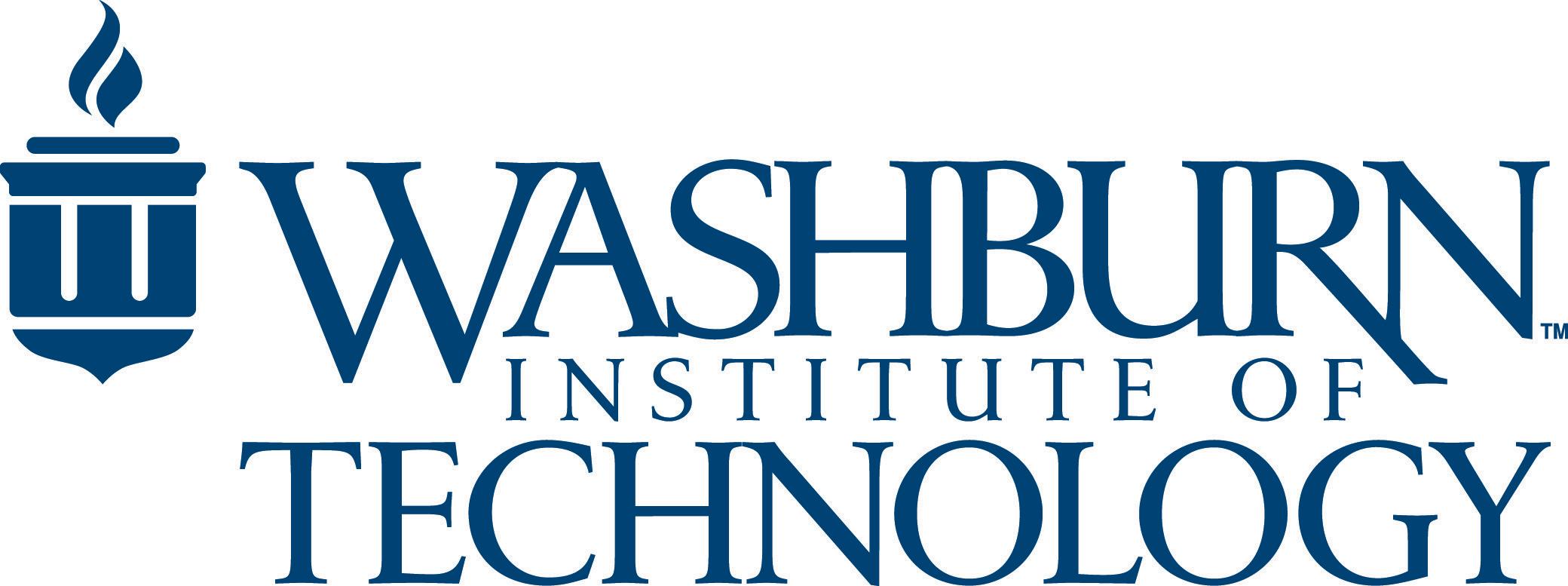
To give you an idea of how things are going at Washburn Tech, five times the expected number of prospective students showed up to Washburn Tech’s very first signing day. Next Feb 19 is when it has scheduled the next National Letter of Intent Signing Day, modeled after the NCAA practice and ready for anyone looking to start there in fall 2015. Of course, there’s plenty of other great news that’s happened between those two events. For the unaware, Washburn Tech offers classes with practical applications of skill and tangible results. A philosophy degree won’t get your car running, but a Washburn Tech graduate can, if they don’t already have another of the many skill sets offered by the institute and needed by local organizations. From businesses to hospitals, just about every career program has positions available in Northeast Kansas, so graduates don’t have to travel far.
Visit Washburn Tech’s
Everything about Washburn Tech is driven by practicality. They launched a new website (witjobs. net) to bring local employers closer to students who can become prospective employees. They began planning the Advantage Center, which is designed to connect students with tutors, mentors, career planners and other helpful figures. They received a grant to teach inmates at the Topeka Correctional Facility, which should translate to more effective job placement upon release, fewer chances of recidivism and as Washburn University President Jerry Farley said, “offering all persons the chance to learn is our core mission.” The equal opportunity stance, which began 150 years ago, is an essential part of Washburn Tech as well.
Of course, few paths to success at Washburn University are easier than starting at Washburn Tech. Credit transfer is a no-brainer, and it can be a great way to advance the careers that Washburn Tech helps enable, like a CNA who is ready to move up in their hospital. Or an automotive service technician who also wants a philosophy degree, since it pays to diversify specializations. Either way, the transition from Washburn Tech to University is very smooth.
All these connections between students, instructors, employers, mentors, and career placement experts, and guests all add up to a thriving community, where everyone has more education, experience, and network ability. Washburn Tech goes beyond even that to give back to the greater local community. They have corporate partnerships in place to receive vehicles in poor condition, which the Auto Collision facility students have for handson learning and restoration. These vehicles are then donated to nearby residents in need. This “Recycled Rides” program institutionalizes one of those rare situations in which everybody involved benefits from the experience.
Overall, Washburn Tech provides its students with an excellent mix of practical knowledge and valuable contacts in the academic, professional and community circles. As shown by even just its first signing day, things are only growing and improving.
The ultimate goal for every person is succes, but there are many different paths one can take that lead to that same goal. Washburn Tech is one path that will provide you with countless advantages that you can take with you on the journey to success. Just come and find out.
